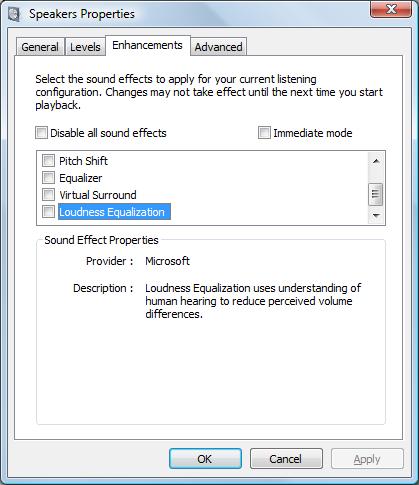
It is a debug variant and can be used in multithreaded programs. It belongs to the Boost libraries 1.56.0. This library was built with Visual C++ 2013. libboost_atomic-vc120-mt-gd-1_56 is such a file name.

They make it possible, for example, to tell whether a library has been built as a debug or release variant. This can take quite some time, which is why complete is not the default.īoost libraries that have to be compiled are made available on Windows with file names that contain version numbers and various tokens. In this case the option -build-type should be set to complete to generate both debug and release builds of the Boost libraries. Because these compilers automatically try to link against the debug builds of the Boost libraries, an error message will be displayed. This may become an issue for developers who want to create debug builds of their projects with Visual C++ or GCC. By default, this option is set to minimal, meaning that only release builds are created. The command-line option -build-type determines which build types of the libraries are created. To select the GCC compiler on Linux, use -toolset=gcc. To select Visual C++ 2013 on Windows, call bjam with -toolset=msvc-12.0. A specific compiler can be selected using the -toolset option. If bjam is called without any command-line options, it will search for a suitable C++ compiler. Starting bjam without command-line options always means stage. The target directory can also be specified with the -prefix option. On Windows, the target directory is C:\Boost on Linux it is /usr/local.

The meaning of system wide depends on the operating system.
#HOW TO BOOST GAIN WINDOWS 10 INSTALL#
The command-line options stage and install specify whether the Boost libraries are installed in a subdirectory called stage or are made available system wide.


 0 kommentar(er)
0 kommentar(er)
